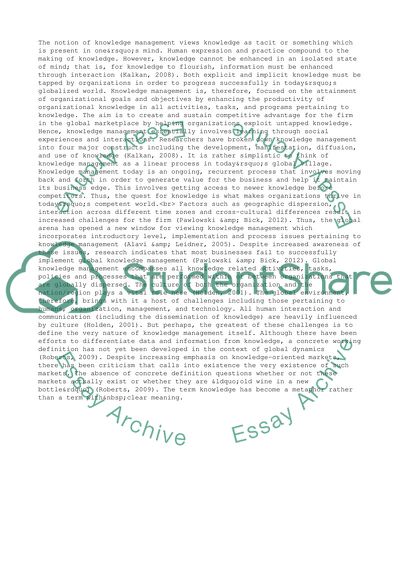Cite this document
(Overcoming Cultural Barriers to Sharing Knowledge Essay, n.d.)
Overcoming Cultural Barriers to Sharing Knowledge Essay. Retrieved from https://studentshare.org/management/1471463-international-business
Overcoming Cultural Barriers to Sharing Knowledge Essay. Retrieved from https://studentshare.org/management/1471463-international-business
(Overcoming Cultural Barriers to Sharing Knowledge Essay)
Overcoming Cultural Barriers to Sharing Knowledge Essay. https://studentshare.org/management/1471463-international-business.
Overcoming Cultural Barriers to Sharing Knowledge Essay. https://studentshare.org/management/1471463-international-business.
“Overcoming Cultural Barriers to Sharing Knowledge Essay”, n.d. https://studentshare.org/management/1471463-international-business.


